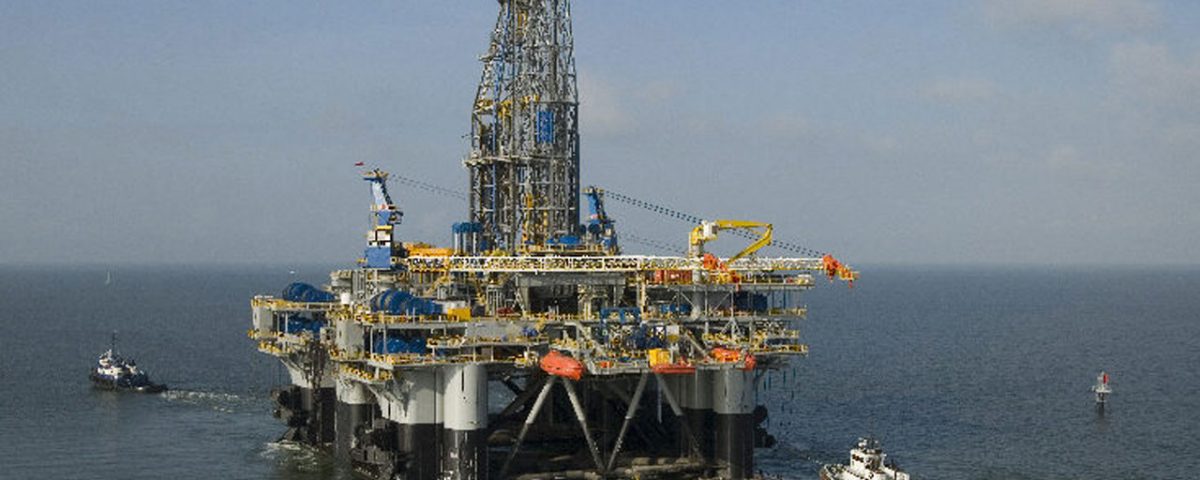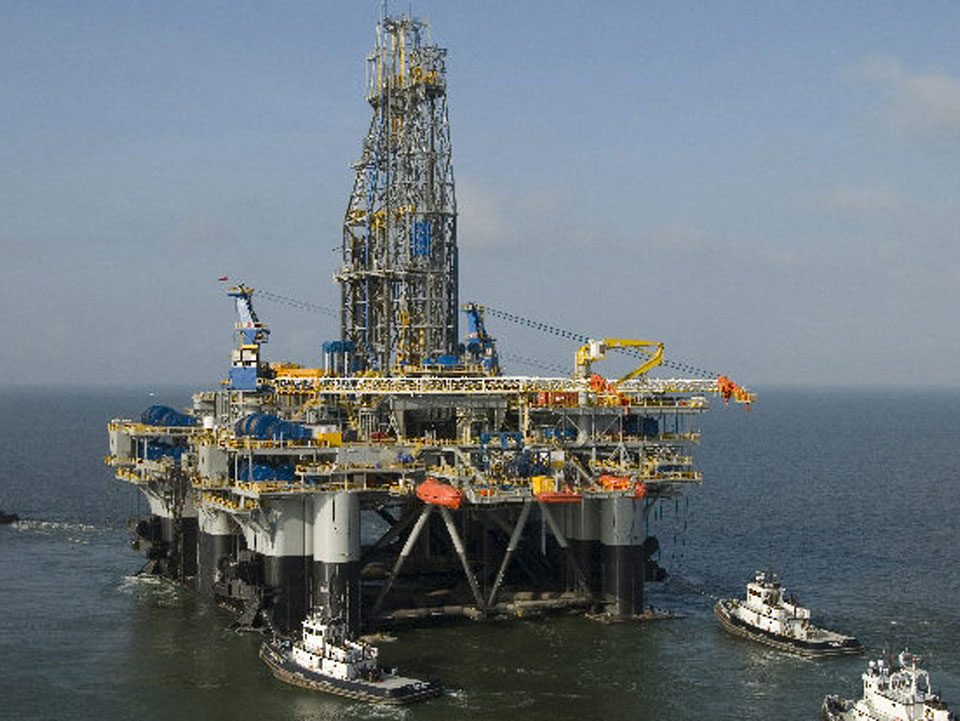Nigerian Update: ‘Developing nations to push oil demand to 130mbpd’

Nigeria Update: UBA commences banking operations in Mali
February 7, 2019
Nigerian Update: Indices extends gains, rise N78b
February 21, 2019*Exploration to rebound as cost, technology improve
Developing countries across the world will push demand for oil to about 130 million barrels per day (mbpd) by 2040, BP’s 2019 Energy Outlook, which accessed the future of fossil fuel, has said.
Indeed, the report noted that although the use of fossil fuel is projected to decline due to the push for alternative energy, but demand would significantly be driven by increases in prosperity in the developing world.The outlook, which considered a number of factors, noted that improving standard of living in places like India, China, and other Asian countries would require ‘more energy’ to allow the growth to continue to improve.
“Growth in global energy demand is broad-based across all the main sectors of the global economy. Differing trends in how energy is used and consumed in these sectors has an important bearing on the energy transition,” the report noted.For the demand to be met, the report noted that significant level of investment would be required for there to be sufficient supplies.
“If future investment was limited to developing existing fields and there was no investment in new production areas, global production would decline at an average rate of around 4.5 per cent per annum (based on IEA’s estimates), implying global oil supply would be only around 35mbpd in 2040.
“Closing the gap between this supply profile and any of the demand scenarios in the outlook would require many trillions of dollars of investment over the next 20 years,” the report continued.However the outlook is a concern to the Paris climate goals, which intend to drastically reduce the use of hydrocarbon to preserve the environment, BP noted that emissions from energy use will continue to edge up, increasing by almost 10 per cent by 2040, rather than falling substantially.
While BP’s was optimistic about demand for fossil fuels, a similarly report released earlier in the week by McKinsey insisted that global demand could stop rising in the 2030s, after more than a century of sustained growth.Similarly, a global think-tank, Rystad Energy, said improved market conditions and lower well costs have been projected to increase exploration and production activities after years of budget cuts.
Just last week, the Nigerian National Petroleum Corporation (NNPC), and its production sharing contracting (PSC) partners for the development of the Bonga Main and Bonga South West fields in OML 118 signed agreement that will add about two billion barrels of crude oil to the nation’s output.
The pact is expected to fast track Nigeria’s aspiration to unlock over 10 billion barrels of deep-water oil reserves.The development followed a recent flag-off of well drilling activities at Kolmani River Well, in the Gongola Basin, Gombe State, in efforts to boost the nation’s oil reserves to 40 billion barrels, and daily production to 3mbpd.
The report by Rystad Energy, said: “Renewed optimism in exploration activities is anticipated in 2019, with operators from various segments aiming for multiple high-impact campaigns – both onshore and offshore – in essentially all corners of the world.”

